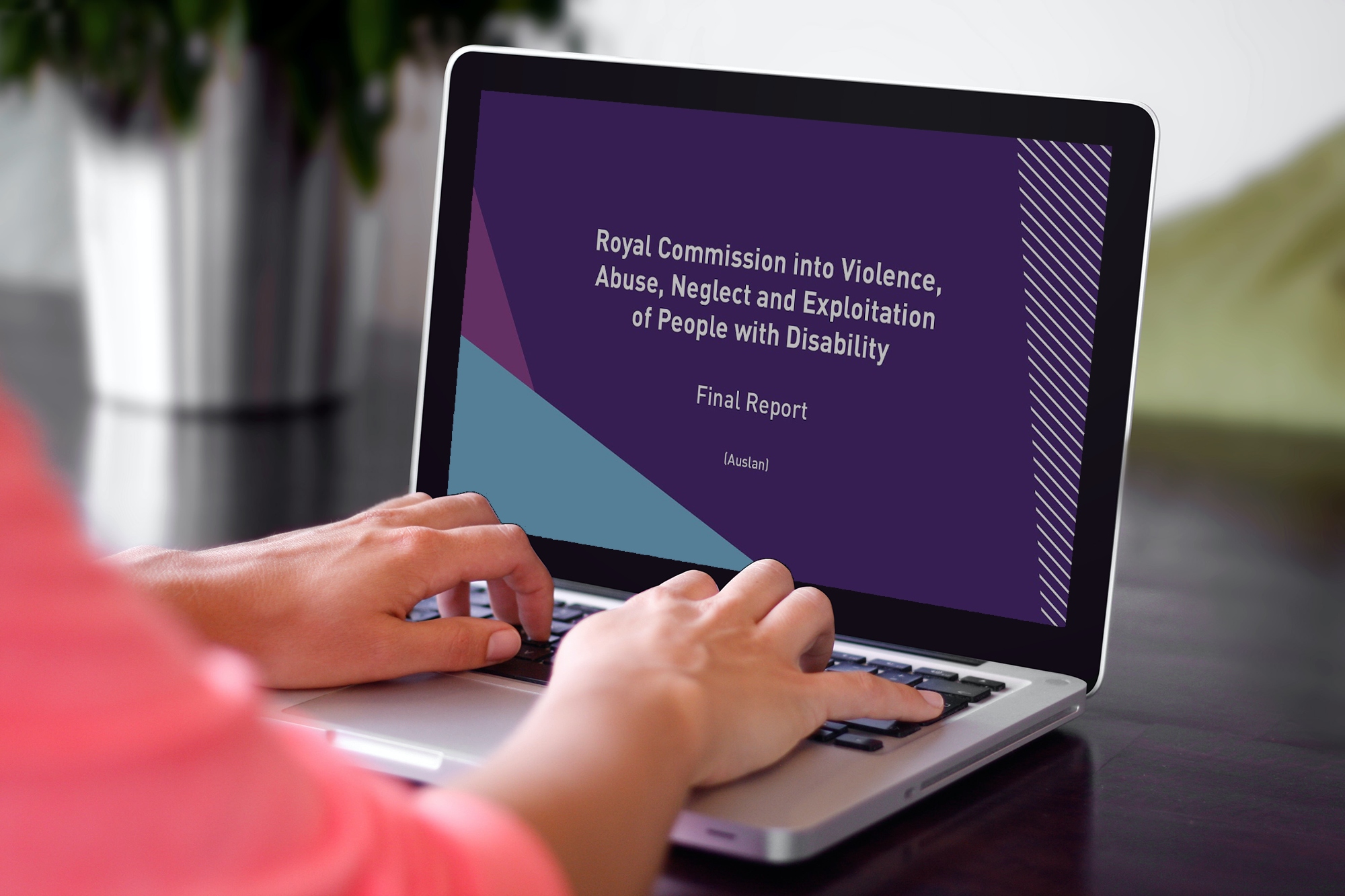It is important that organisations have risk management plans in place to ensure that they are prepared for changes that may affect the operation of their business. Changes could involve internal factors or issues, or there could be external factors that are outside the control of the organisation. Contingency planning is essential for risk management and business continuity. Lack of contingency planning can mean that your organisation is exposed to unnecessary risks, or that it cannot quickly take steps to mitigate or respond to the impacts of certain risks, if indeed they do eventuate.
With the spread of COVID-19 (novel coronavirus) currently being monitored around the world, it is a good reminder to businesses to have a risk management plan in place. While Australia is currently at low risk from the coronavirus, it is possible that the number of cases will steadily increase. Organisations should consider and plan for changes to the way they do business, that may come about due to the spread of the virus. For aged care facilities, this is particularly important as the virus appears to have more serious consequences for older people. A contingency plan is important for both aged care organisations, as well as other workplaces who may have to accommodate changes to the operation of their business. The spread of the virus may have impacts such as a rise in absenteeism, or requirements for businesses to arrange for some or all staff to work from home.
It is not possible to anticipate all risks that a business faces, however a risk management plan is essential to identify and prepare for potential risks. Anticipating potential risks, and formulating a plan to respond to and mitigate those risks, can help prevent significant loss to productivity. It is important that businesses regularly evaluate, review and update their business continuity plans.
BNG has a number of resources that can assist organisations to identify risks and impacts to their business, and develop recovery or alternative plans that can be implemented.
Risk register and management plan template:
- This resource guides organisations in identifying risks, prioritising them according to likelihood that they will happen as well as impact if they do occur, and finally creating a recovery plan or a strategy for continuing operations in alternative ways;
- It guides the organisation through potential risks to do with:
- Governance and management
- Legal/ compliance
- Financial/ funding
- Human resources
- Work health and safety
- Reputation and relationships
- Operations and service delivery; and
- Administration and information technology
Business impact analysis template:
- This template assists organisations to identify which activities are critical to the operation and continuation of the organisation; and
- it allows them to identify and assess the potential impact that failure of certain operations will have on the organisation.
Business continuity policy:
- This policy assists businesses in the process for preparing for potential risks and recovering and returning to their pre-incident condition as quickly and effectively as possible.
These documents are all available in SPP:
- Policy: Business continuity
- Template: Business Impact Analysis
- Template: Risk register and management plan
You can access these resources by searching for “business” or “risk” in the Reading Room.
Want to know more?
To access these resources as well as hundreds more, click the button to the right!


